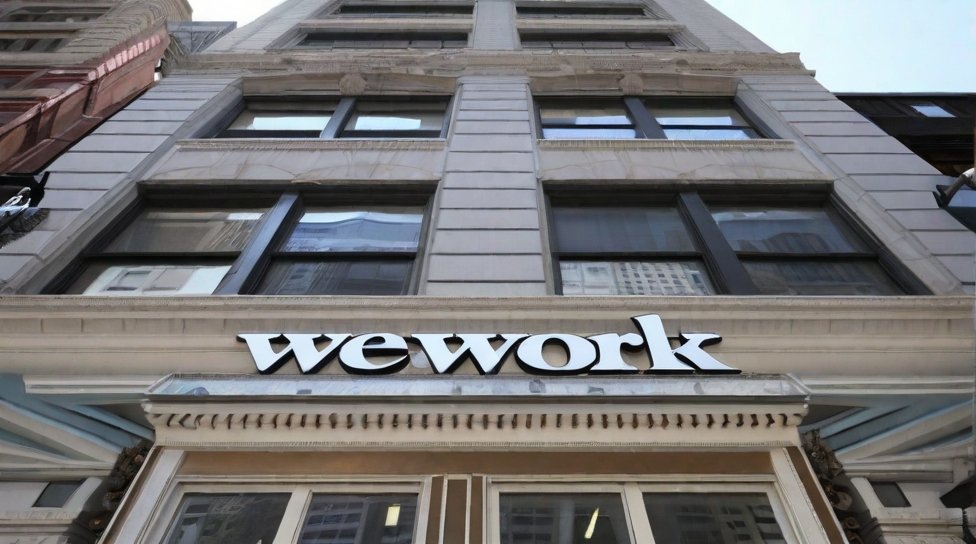Amazon has recently faced criticism over worker treatment in its Saudi Arabian warehouses. As a result, the online retail giant has agreed to pay $1.9 million to settle the accusations of mistreatment. This development has raised serious concerns about labor practices in global corporations, highlighting the significance of human rights in the workplace. This blog post will provide more information about the settlement, the allegations that led to it, and the broader implications this case has on international business ethics.
Human Rights Abuse Allegations: What Happened?
Investigations into Amazon’s Saudi Arabian operations revealed disturbing realities faced by migrant workers. These allegations include:
- Squalid Living Conditions: Workers were reportedly housed in overcrowded and unsanitary facilities, posing serious health risks.
- Financial Exploitation: Many were victims of exorbitant recruitment fees and unlawful deductions from their wages.
- Trapped and Powerless: Some workers had their passports confiscated and their movement restricted, creating a situation akin to human trafficking.
- Wage Violations: Instances of delayed payments and unfair wage practices were commonplace.
Amazon’s Response: Steps Taken and Admission of Fault
Amazon took the following steps in the matter:
- Third-Party Audit: The company commissioned a thorough investigation by Verité, a respected labor rights organization. This showed their willingness to uncover the extent of the problem.
- Acknowledge Wrongdoing: Amazon commendably acknowledged the audit findings, accepting that its supply chain standards were violated. This is a crucial step in the right direction.
- Reimbursement and Remedial Action: They initiated a $1.9 million reimbursement package for affected workers and are working to address system failures.
“Amazon To Pay $1.9 Million in Settlement Due to Human Rights Abuse Claim” – Why This Matters
This settlement sends a powerful message:
- Human Rights are Non-Negotiable: Multinational corporations have the ethical responsibility to uphold the rights of their workers, regardless of location. No excuse for compromising worker dignity is acceptable.
- Public Scrutiny Works: Persistent investigations by journalists and advocacy groups play a vital role in keeping businesses accountable and exposing human rights violations wherever they occur.
- The Fight Continues: While this settlement is a win for workers, it highlights the ongoing need for vigilance in global supply chains. Companies must be transparent, and consumers must demand ethical products.
Beyond Amazon: Business Ethics in an Interconnected World
The Amazon case should spark broader ethical considerations regarding international business operations. Here are crucial questions we need to address:
- Who is Responsible? How can corporations be held accountable for abuses happening in different countries within their extended supply chain?
- Supply Chain Transparency: How can consumers have knowledge of the working conditions underpinning the products they buy?
- International Labor Standards: What should global standards be and how do we enforce them fairly to protect workers?
Closing Thoughts: The Power of Consumer Choice
Regulations and investigations are necessary, but the responsibility of creating a world without exploitation lies with consumers. By patronizing companies with a strong ethical track record, consumers can exert powerful pressure for positive change. Additionally, consumers can demand transparency and fair labor practices from the industry, which will help create a more equitable global economy for everyone.
Call to Action
“What are your thoughts about this case? Has your opinion of Amazon or other large corporations changed? Feel free to share your thoughts in the comments below. Let’s continue the discussion and strive for a world where businesses operate without violating human rights. We should demand better. Because treating all workers with dignity and fairness is the only way to move forward.”


